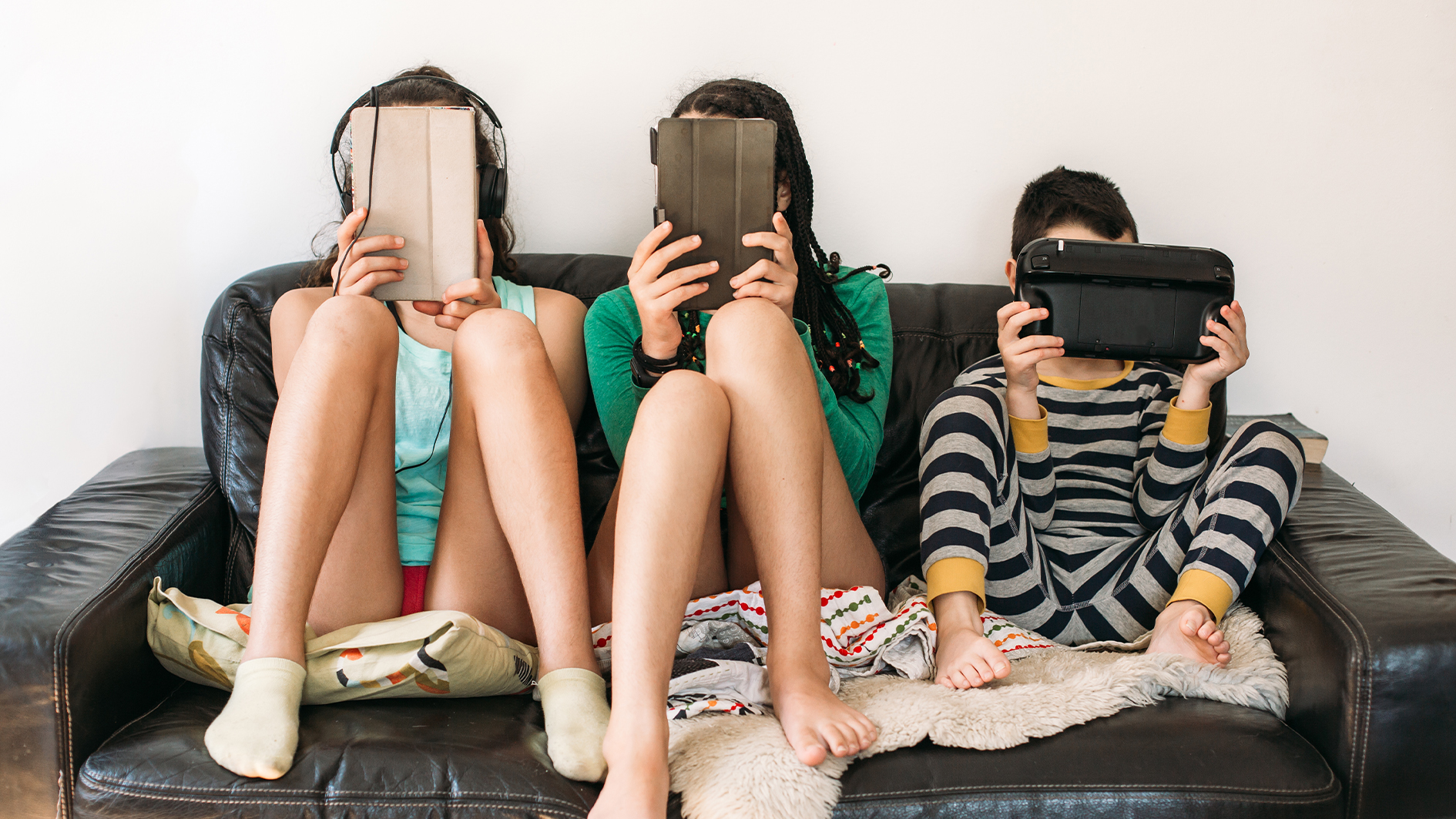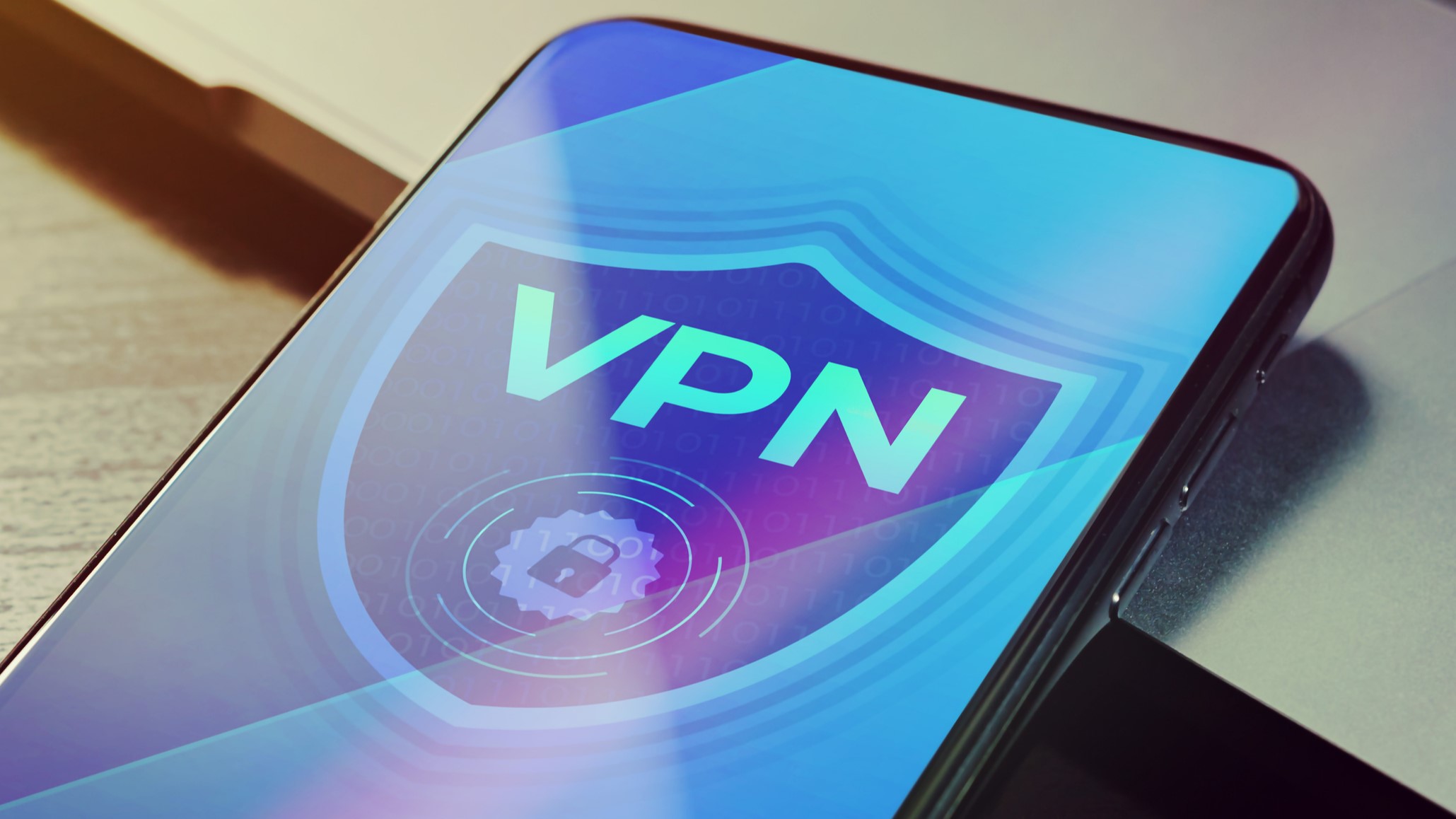
Kids these days seemingly spend their lives online. Between gaming, streaming, and even school classes via Zoom, their need to stay connected – and more importantly stay safe – online is greater than ever.
Contrary to the techy-sounding name, the best VPNs are remarkably easy to use, and have now become the first line of defense for millions around the world. Whether it's hackers, scammers or even oppressive government regimes, VPNs are a crucial bit of tech, and your kids could really benefit from having one on their side.
How a VPN protects your kids online
VPNs are primarily a tool designed for online privacy and safety and I think any parent can get behind that.
When your child browses the internet with a VPN on, all of their data will be encrypted, rendering it pretty much useless to hackers. Most VPN providers (but not all) have a no-logs policy, meaning that there will be no record whatsoever of their internet usage. That's a great way to prevent any passwords, banking details, etc from becoming public. It also means that any ads they see should be less targeted, which can be overwhelming.
At times it feels like kids can't function without Wi-Fi, even when out in public, but this is an accident waiting to happen. Using public Wi-Fi makes users vulnerable to hackers, especially at big events when hackers have been known to set up fraudulent public Wi-Fi networks to "phish" for private information. The added encryption when using a VPN makes for a much tougher nut to crack. Make sure your child's phone has a mobile VPN installed and enabled so that they aren't an easy target.

Most leading VPNs also come with filters for harmful/inappropriate content. By enabling these controls you can help your child avoid accidentally stumbling onto a corner of the internet not suitable for young eyes or downloading harmful malware onto their device.
Digital privacy is an issue that's only going to get more important in the coming years and a VPN is a great way to teach them about it.
Other benefits of a VPN
Pretty much every major streaming service has a huge library of content that is region-locked. If you're not in that country or territory, you can't watch it. Well, the good news is with a VPN that's not the case.
If for example, you're on a family vacation and halfway through a Netflix binge, then you can pick up right where you left off by setting your VPN to a server back home and enjoying the same content library as normal.
A VPN can also be crucial if everyone in your household is online at once. Online gaming or Zoom classes can be pretty demanding on the internet, so much so that your internet service provider (ISP) starts to slow your speed right down in a process called Throttling. With a VPN however there's no need to worry, ISPs can see that you're using a lot of bandwidth, but they can't identify you to slow you down.
Which VPN is best?
There's no one-size-fits-all answer but there are three standout options, NordVPN, ExpressVPN, and Surfshark.
Regardless of which app you pick, a VPN is a great tool to simultaneously teach your kids about online safety while protecting them in that wide and wild digital world.







